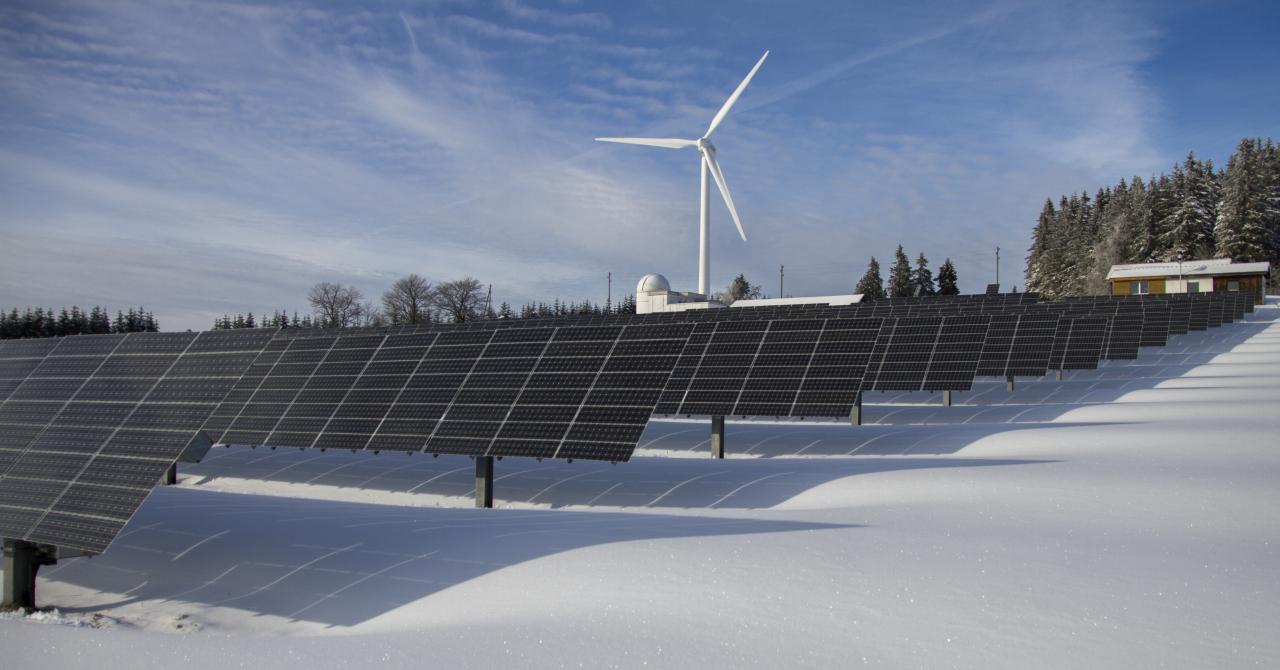Reuters reports that lower energy demand was one of the main reasons behind this, which meant that renewables could deliver enough power so that fossil fuels didn't have to compensate much.
The mild weather during winter and energy economies made by the population, according to experts at think tank Ember, helped reduce the strain on the grid and the necessity of supplementing the power system with lots of fossil-generated energy.
Compared to the same time frame last year, from January to June, power demand in the EU was 4.6% lower and the amount of fossil energy used dropped from 38% to 33%. Fossil-power generation in EU's 27 states also fell by 17% in the first half of 2023 compared to last year.
In fact, solar and wind installations across Europe continued to emerge at a fast rate, so that the total renewable power produce within the continent between January and June 2023 was 23TWh more compared to last year.
Some countries, such as Poland or Spain even had to temporarily shut down solar parks due to the fact that they were generating more power than the grid was consuming. This can be avoided in the future by deploying energy storage solutions that can be juiced up when the energy system doesn't need immediate power.
The fewer droughts this year across hydro power plants meant that they were able to generate more power compared to last year, while nuclear plants produced slightly less energy, due to local water stress.
 Mihai - Cristian Ioniță
Mihai - Cristian Ioniță












Any thoughts?